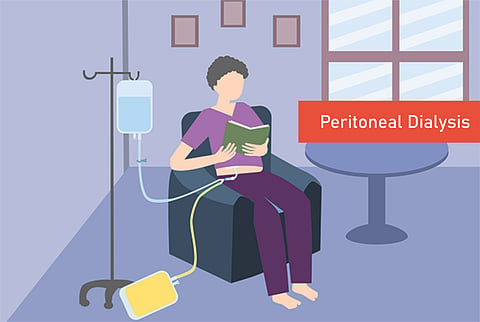New peritoneal dialysis facilities to be set up in Lucknow, Kanpur and other UP districts
Enhancing the scope of healthcare in Uttar Pradesh, the state government has now devised a plan to set up the latest peritoneal dialysis (PD) machines in different districts here. Currently there are several government-run dialysis units in UP that provide haemodialysis free of cost, under PPP model. These units will soon be equipped to offer peritoneal dialysis facility too.
Health department to establish PD facilities under PPP model
Reportedly, from 2021 to September 2022, a total of 3,724 patients received dialysis at government hospitals in the state. In 2022 alone, 2,362 patients underwent the procedure at these facilities.
Acknowledging the surge in demand for the treatment, the state health department has prepared a proposal to set up statewide PD units under a private-public partnership (PPP) model. Furthermore, the health department has also asked for support from the National Health Mission for consumables which will be required to set up PD units.
More about the dialysis procedures
Notably, the dialysis procedure can be done through two methods i.e. haemodialysis or peritoneal dialysis.
Haemodialysis, which is the most commonly used and a more complex procedure involves the use of a machine that filters wastes, salts and fluid from the blood when kidneys are not healthy enough to do it. A patient is required to go to the hospital three times per week for haemodialysis sessions which last approximately for hours.
How is PD more advantageous?
Instead of using a machine to carry out dialysis, peritoneal dialysis utilizes the abdomen lining as the filter. Moreover, the procedure can be carried out with minimum requirements. For most, all that is required is a washroom with fresh running water, a sterile area of the house or a clinic for the procedure to take place, and space to store the fluid for dialysis.
Meanwhile, the patient can continue with their daily activities or can even travel as the fluid absorbs waste during the PD procedure. With this, the procedure doesn't compulsorily require dependence on trained individuals for supervision.
To get all the latest content, download our mobile application. Available for both iOS & Android devices.

